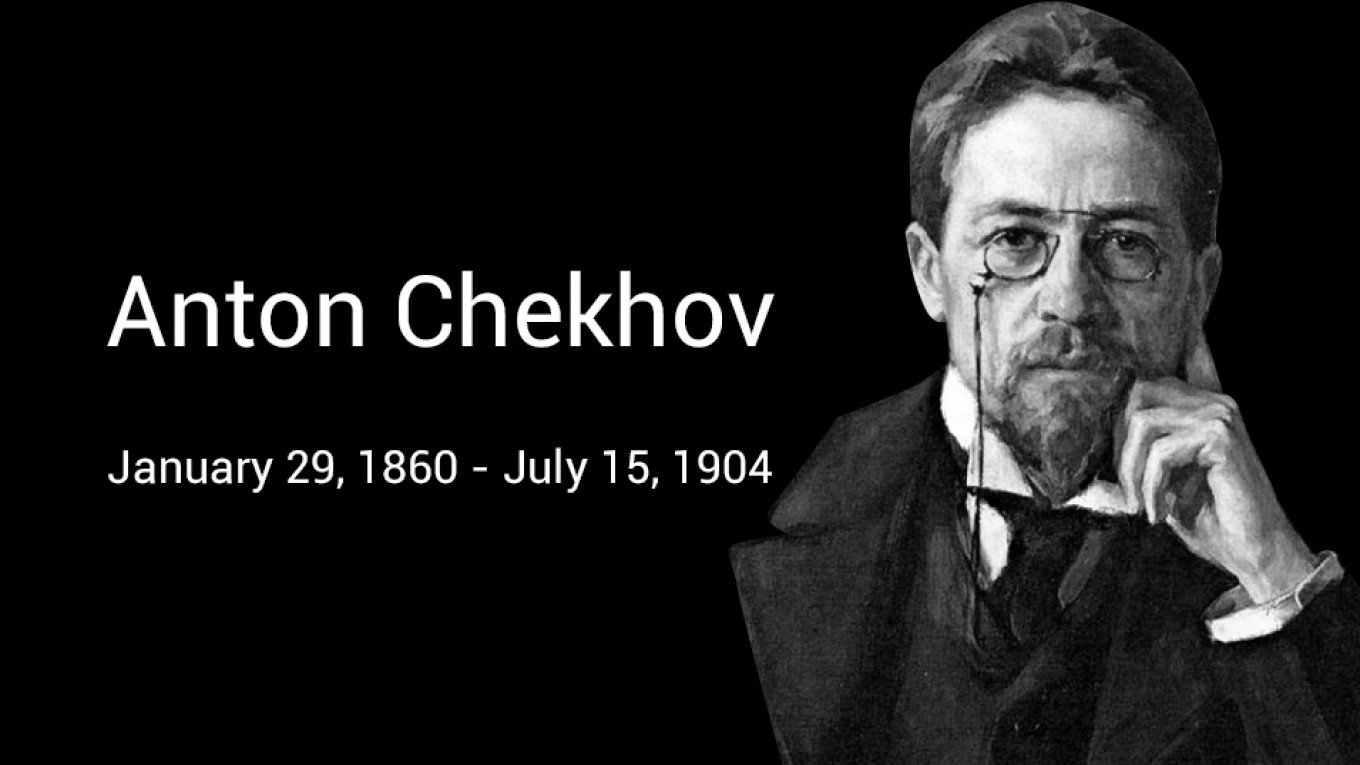On January 29, 1860 in the Russian city of Taganrog on the coast of the Azov Sea, one of the world’s most famous playwrights and short story writers, was born.
Chekhov had a difficult childhood shaped by his physically abusive father and his family’s precarious financial situation. From his school days, Chekhov supported his family with his writing. From 1879-1884, he studied at the Sechenov First Moscow State Medical University and wrote short stories by night. He qualified to become a physician in 1884 and practiced medicine for most of his life while pursuing his literary career.
Medicine would become a central theme informing Chekhov’s literary work, which includes over 30 characters who are physicians. In his library, Chekhov kept the latest medical and psychiatric texts from Russia and abroad and drew on this knowledge to write stories about mental illness such as “Ward No. 6” (1892) and “The Black Monk” (1894). His stories often show the dehumanization of a strictly medical gaze, and Chekhov is regarded as a literary advocate for more personalized, compassionate patient care.
During his years at his Melikhovo estate (1892-1899), he organized relief for famine and cholera victims, built a clinic for the local peasants, and undertook at great cost to travel to his patients and procure drugs for them. He practiced medicine until 1897, when his tuberculosis became too severe to treat patients.
Chekhov revolutionized both short fiction and modern theater. The structure of his short stories provoked, as Virigina Wolff once wrote, first impressions that were “not of simplicity but of bewilderment. What is the point of it, and why does he make a story out of this?” But then, she continued, once the reader gets accustomed to these seemingly inconclusive stories, the English story’s “general tidying up of the last chapter, the marriage, the death, the statement of values so sonorously trumpeted forth, so heavily underlined” becomes unsatisfactory.
In theater, Chekhov’s collaboration with the actor and director Konstantin Stanislavsky changed theater and acting forever, making a more naturalistic manner the stage norm for decades. He wrote his first play “Ivanov” in 1987 and went on to write “The Seagull” (1896), “Uncle Vanya” (1898), “Three Sisters” (1901), and “The Cherry Orchard” (1904) 2014, which are still performed all around the world. Chekhov’s belief in the narrative importance of every detail is now known as “Chekhov’s gun.” This is based on a quote by the playwright himself: “Remove everything that has no relevance to the story. If you say in the first chapter that there is a rifle hanging on the wall, in the second or third chapter it absolutely must go off. If it's not going to be fired, it shouldn't be hanging there.”
In addition to his literary work, Chekhov conducted social research during a three month trip to Sakhalin island in 1890. His Sakhalin census showed rampant abuse in the penal colony and contributed to his work toward prison reform.
Toward the end of his life, Chekhov’s tuberculosis compelled him to move to Yalta. In 1904, close to death, he and his wife, the actress Olga Knipper, traveled to the German spa of Badenweiler, where he died on July 15. He was buried in the Novodevichy Cemetery in Moscow.
A Message from The Moscow Times:
Dear readers,
We are facing unprecedented challenges. Russia's Prosecutor General's Office has designated The Moscow Times as an "undesirable" organization, criminalizing our work and putting our staff at risk of prosecution. This follows our earlier unjust labeling as a "foreign agent."
These actions are direct attempts to silence independent journalism in Russia. The authorities claim our work "discredits the decisions of the Russian leadership." We see things differently: we strive to provide accurate, unbiased reporting on Russia.
We, the journalists of The Moscow Times, refuse to be silenced. But to continue our work, we need your help.
Your support, no matter how small, makes a world of difference. If you can, please support us monthly starting from just $2. It's quick to set up, and every contribution makes a significant impact.
By supporting The Moscow Times, you're defending open, independent journalism in the face of repression. Thank you for standing with us.
Remind me later.






